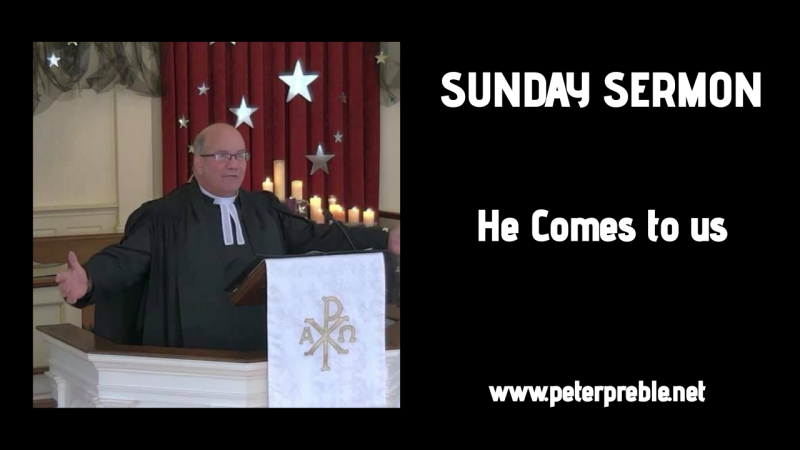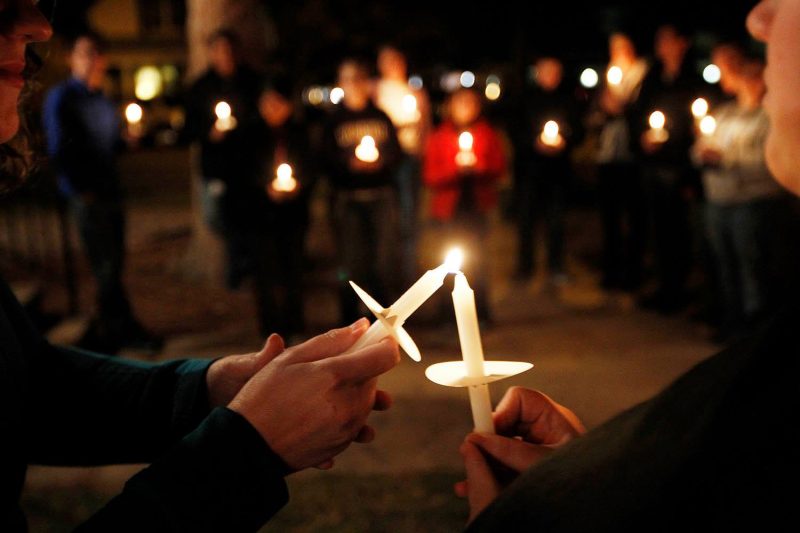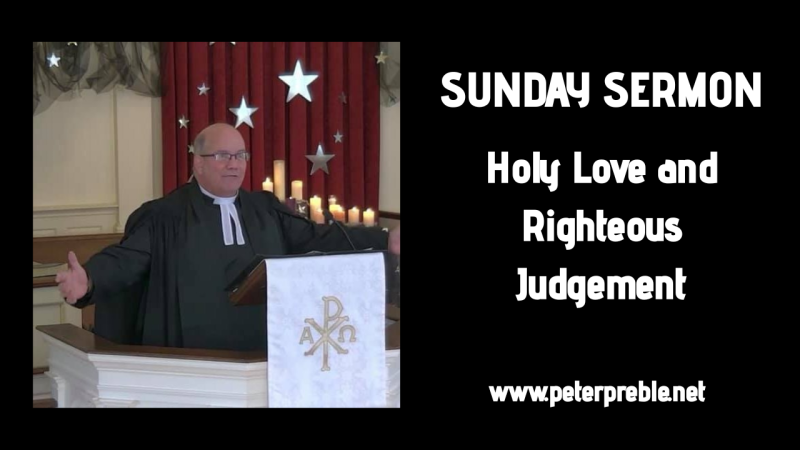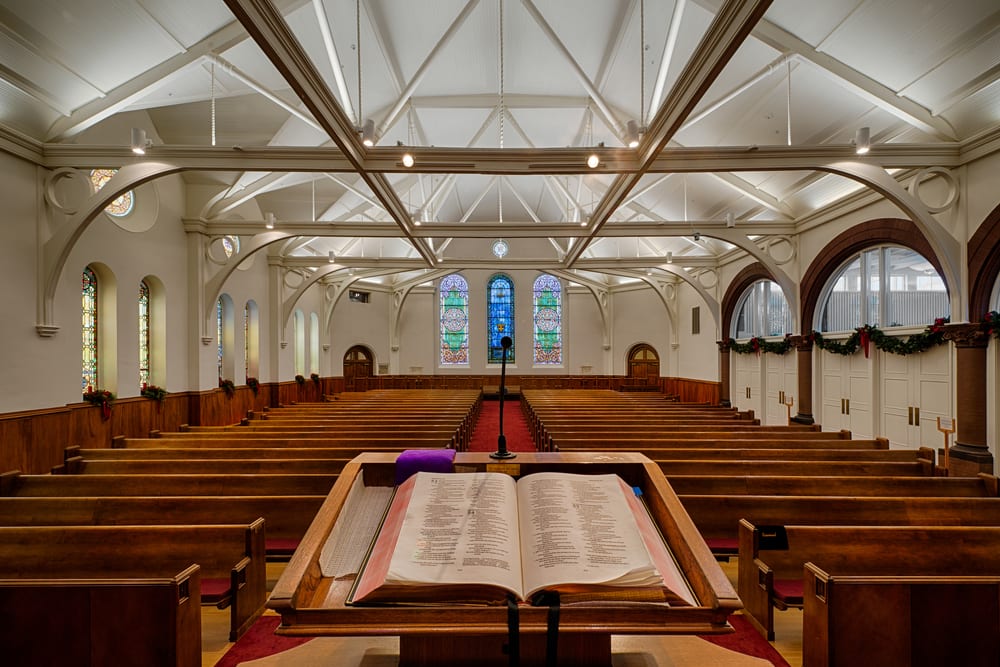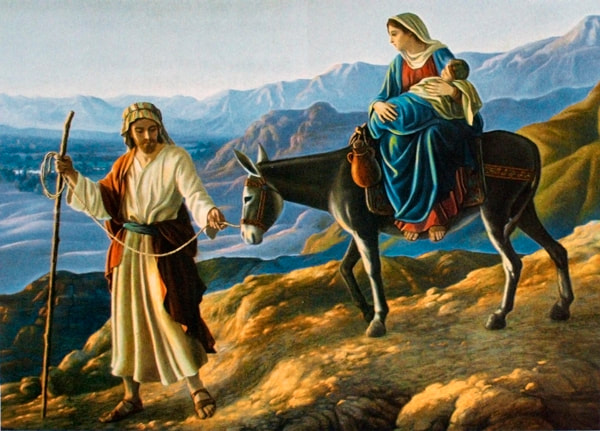Before we turn our hearts and minds to the life of Jesus Christ, who shared our common lot and reconciled the world to God, we must name a profound moral failure that has grieved our national conscience. Yesterday in Minneapolis, Alex Jeffrey Pretti, a 37-year-old intensive-care nurse and U.S. citizen, was shot and killed by a U.S. Border Patrol agent during a federal immigration enforcement operation. Mr. Pretti, remembered by family and colleagues as a compassionate caregiver who devoted his life to healing others, was killed on a city street amid protests and a broader federal crackdown. Video accounts and eyewitness testimony raise serious questions about what truly happened in those moments before his death, and many who knew him and witnessed the scene dispute the initial official narrative.
This is not a distant story of “somebody else somewhere else.” Rather, it marks a moral and political rupture in the fabric of our community. As people of faith, we cannot allow this to be reduced to Democrat vs. Republican, or to “us vs. them” rhetoric. This, simply and clearly, is a matter of right and wrong, of justice and injustice, of whether the lives of those who walk among us, who care for our sick and stand in defense of their neighbors, are held sacred or are expendable in the name of policy or power.
We must speak plainly: a policy that causes the loss of life on our streets is not simply a logistical failure but a moral one. The death of a healer cannot be normalized or reduced to political talking points. As people of faith and conscience, we must declare: this is wrong. We demand truth and transparency, holding fast that God’s love never sanctions violence against the vulnerable or compassionate.
This is not merely “politics.” This is a moral accountability that must be voiced by the church, not because we belong to one party or another, but because the Gospel summons us to stand with the suffering, to oppose violence in all its forms, and to proclaim that every human life bears God’s image.
With that conviction, let us turn now to what it means to confess Jesus Christ as the crucified and risen Lord, the one who enters into human suffering and calls us to a life of justice, mercy, and peace.
+++++++++++
At the heart of the United Church of Christ Statement of Faith is a sentence that is both daring and deeply grounded:
“In Jesus Christ, the man of Nazareth, our crucified and risen Lord, he has come to us and shared our common lot, conquering sin and death and reconciling the world to himself.”
This confession does not ask us to believe in a God who rescues humanity from a distance. It proclaims a God who comes close, close enough to be misunderstood, rejected, and ultimately crucified.
We begin where the Statement begins: Jesus Christ, the man of Nazareth. Not an abstraction. Not a mythic hero. A human life shaped by history, culture, poverty, politics, and faith. As the Gospel of John declares, “The Word became flesh and lived among us” (John 1:14). God does not save the world by bypassing humanity, but by entering it fully.
This is a central affirmation of both liberal theology and Catholic faith. Friedrich Schleiermacher understood Jesus as the one in whom humanity’s openness to God was fully realized, the one whose life was wholly oriented toward God (The Christian Faith, §94). In Jesus, we do not see a denial of humanity, but its fulfillment.
The Statement tells us that Christ “shared our common lot.” That phrase carries enormous theological weight. Jesus knew hunger and fatigue, joy and grief, friendship and betrayal, the whole range of human emotion. He did not float above human suffering; he entered it. Paul, in the letter to the Hebrews, writes, “We do not have a high priest who is unable to sympathize with our weaknesses.” (Hebrews 4:15).
But this shared humanity did not stop there. It led somewhere. It led to the cross.
Here we must speak carefully and truthfully about why Jesus had to die.
From my theological perspective, Jesus did not die because God required a violent sacrifice to forgive humanity. The Gospels know nothing of a God who demands blood to love. Jesus forgives freely, heals without precondition, and tells stories of mercy that precede repentance (Luke 15). Any theology that turns the cross into a transaction required by divine wrath misunderstands both God and the Gospel.
Jesus had to die because of the way he lived.
He proclaimed a reign of God that overturned religious exclusivism, economic exploitation, and political domination (Luke 4:18–19). He ate with those deemed unworthy, challenged systems of purity and power, and spoke truth to institutions invested in control. Like the prophets before him, Jesus discovered that faithfulness carries consequences.
The cross, then, reveals not God’s need for sacrifice, but humanity’s resistance to love. As James Alison observes, “The cross does not reveal God’s demand for violence, but our addiction to it” (The Joy of Being Wrong, 1998). Jesus was executed not to satisfy God, but because unjust systems cannot tolerate a love that exposes them.
This is why the Statement calls him “our crucified and risen Lord.” The crucifixion is not an interruption of Jesus’ mission; it is its consequence. As Dorothee Sölle reminds us, “Christ did not die so that we would not suffer; he died so that we would know how to live in the midst of suffering” (Suffering, 1975). God does not explain suffering away. God enters it.
And yet, the cross is not the end.
The resurrection is God’s verdict on Jesus’ life and death. “God raised him from the dead,” Peter proclaims, “because it was impossible for him to be held in its power” (Acts 2:24). Resurrection is not the reversal of Jesus’ humanity, but the vindication of it. It is God’s refusal to allow violence, injustice, and death to have the final word.
This is what the Statement means when it speaks of “conquering sin and death.” Sin, as I have already mentioned, is not inherited guilt but estrangement, what Paul Tillich called “separation” (Systematic Theology, Vol. II). We are separated from God, from one another, and from our own deepest truth. Jesus conquers sin not by condemnation, but by reconciliation.
“In Christ God was reconciling the world to himself,” Paul writes to the church at Corinth, “not counting their trespasses against them” (2 Corinthians 5:19). Notice the scope: the world. Not just individuals. Not just the church. The whole creation. Colossians dares to say that through Christ, God seeks “to reconcile all things” (Colossians 1:20).
This is salvation not as escape, but as healing.
And this confession carries a calling. If Christ has shared our common lot, then no part of human life is beneath God’s concern. If Christ was crucified by systems of fear and domination, then the church must examine its own complicity. If resurrection is God’s “yes” to life, then we are called to live as witnesses to that life, publicly, courageously, and compassionately.
The Statement of Faith does not ask us merely to believe this. It asks us to embody it.
To confess that “he has come to us” is to trust that God has not abandoned the world, even now. To proclaim the crucified and risen Christ is to stand with those who suffer unjustly and to hope stubbornly for a future shaped by grace.
This is not cheap hope. It is resurrection hope.
And it is enough.
Amen.

